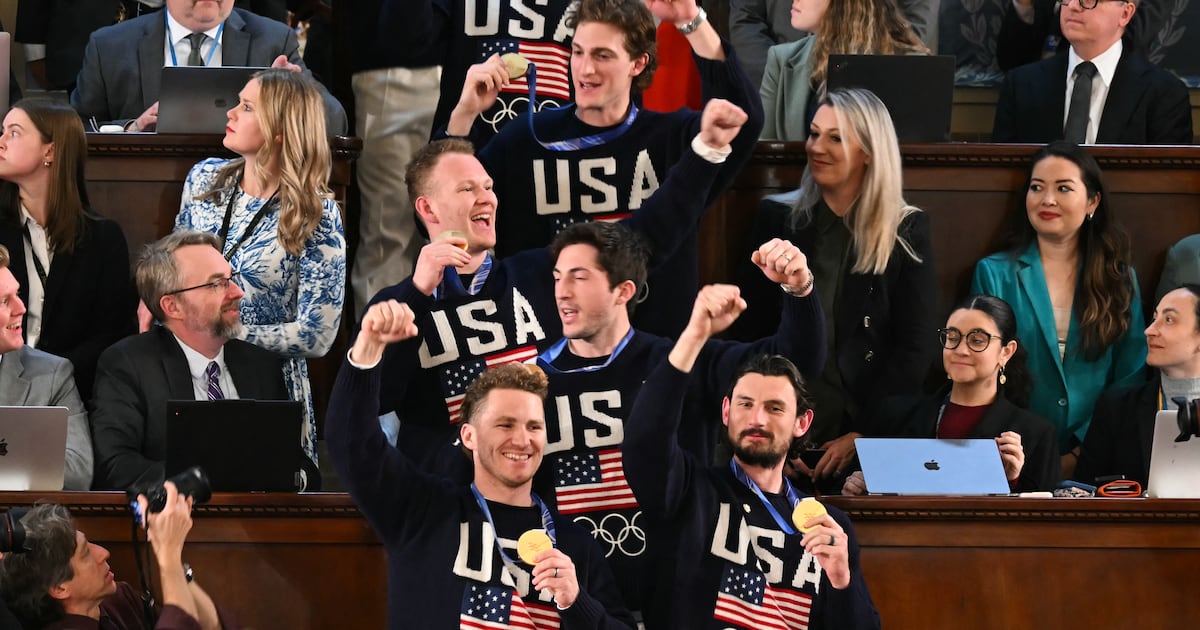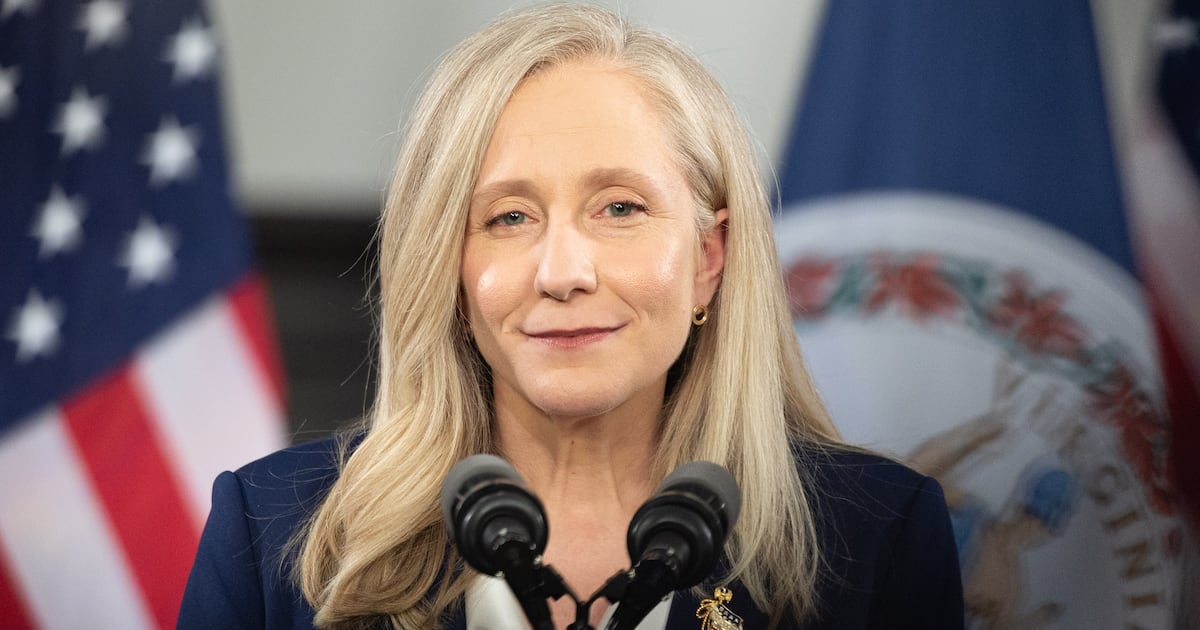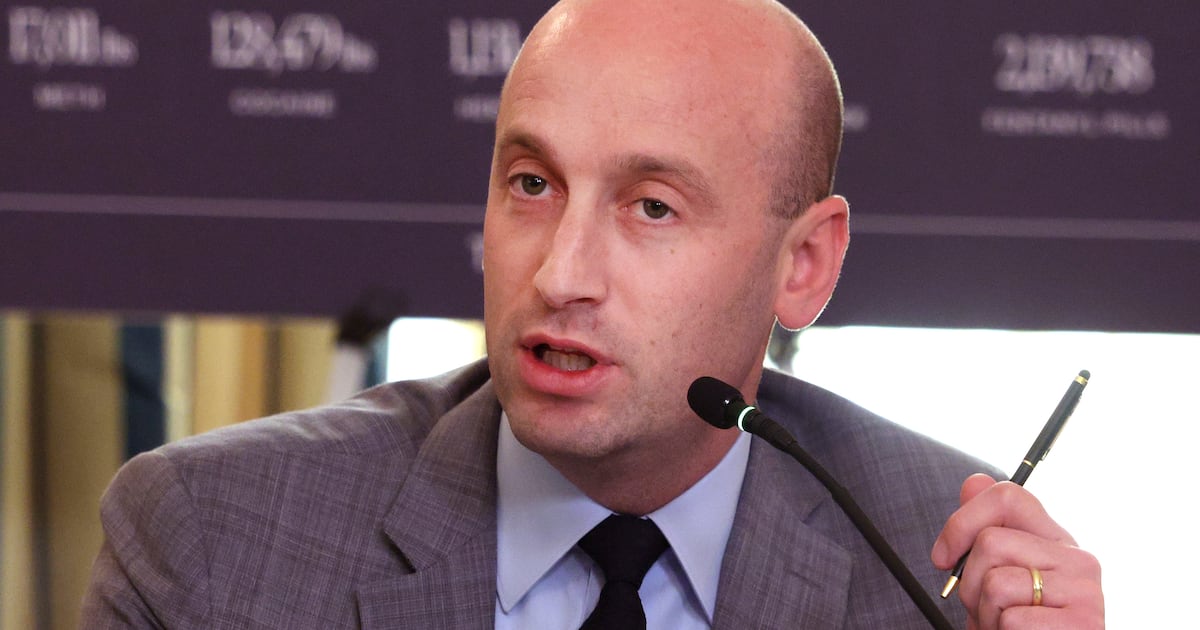It’s been a ridiculous problem. For the past six years, Saturday Night Live has had enough white male cast members to have, at any give moment, at least six potential actors to play Matthew McConaughey in a sketch but no one to play the First Lady of the United States.

The fact that SNL’s cast has included not one woman of color since Maya Rudolph left in 2007 has consistently been a glaring problem these past six years. But the spotlight on the issue has been especially harsh this season: first when six new hires again included not one woman of color, and then earlier this month when cast member Kenan Thompson offensively asserted that the reason for the lack of diversity is that there are no qualified candidates.
When Scandal star Kerry Washington was announced to host the show this weekend, Thompson’s comments and the persistent controversy loomed precariously over the night. Would the show address the issue? And how? Minutes into Saturday night’s episode it became clear that, to Scandal star herself, ”It’s handled”—and in quite brilliant fashion.
Seconds into the episode’s cold open, Washington entered the Oval Office set dressed as the first lady. “I feel like it’s been years since I’ve seen you,” Jay Pharoah’s President Obama said, winking at the diversity brouhaha. Taran Killam, playing a president’s aide, then enters, announcing that Oprah Winfrey has arrived to pay the first couple a visit. Killam and Pharoah look expectedly at Washington. “Kenan won’t…?” she asks. They shake their heads. Washington then darts out to change into her Winfrey outfit as the following message scrolls on screen:
“The producers at Saturday Night Live would like to apologize to Kerry Washington for the number of black women she will be asked to play tonight. We made these request both because Ms. Washington is an actress of considerable range and talent, but also because SNL doesn’t currently have a black woman in the cast. As for the latter, we realize this is not an ideal situation and look forward to rectifying it in the near future...unless, of course, we fall in love with another white guy first.”
In another self-aware mocking of that latter point, indeed six different cast members playing Matthew McConaughey paraded out later in the sketch while Washington was off-stage changing from Oprah Winfrey to Beyonce.
This is Saturday Night Live, a show that has built its reputation on three decades of biting into controversies with fang-baring irreverence. But it’s not often that the show chews up its own controversy. It’s not surprising that SNL would be clever enough to address a sensitive issue that sits so squarely on a precarious line—politically incorrect comedy on one side, flat-out offensiveness on the other—with such nimble confidence and hilarity. But it is refreshing, and a relief, that it can walk the tightrope of its own controversy just as skillfully.
The self-skewering didn’t stop after the cold open. In her opening monologue, for example, Washington talked about how honored she was to host a “show that in 2013 that had the courage to hire a white man to play the president.” Nor did the show’s realization that it could—and should—take full advantage of having a black woman actress in an episode.
That, of course, meant ample opportunity to tell stereotypical black jokes. Washington’s first character was a leopard-print wearing, sass-talking assistant. In a riff on Ylvis’s viral “The Fox,” she played an overly-jealous girlfriend. She starred with Thompson and Pharoah in a talk show sketch that made fun of White People Problems for four minutes. It was hilarious.
Calling these sketches, characters, and jokes stereotypical isn’t a knock on SNL. The show spoofs stereotypes often, and, as it happens, very well. It’s been too long since black women have gotten in on the fun.
In the wake of Thompson’s comments, which were interpreted—perhaps unfairly—as him accusing black women of not being funny, some groups of called the show’s lack of diversity a civil rights issue. There are valid arguments there, sure. But the most egregious byproduct of the problem, as we learned tonight, is the suffocating effect it’s had on the issues and people the show is able to lampoon.
Attempting to put out the race firestorm, producer Lorne Michaels told the Associated Press that he hopes to add a black woman to the cast soon. “It’s not like it’s not a priority for us. It will happen. I’m sure it will happen.” The aggressiveness at which it took itself to task on Saturday night’s episode certainly indicates that he’s telling the truth.
But perhaps, and in the most SNL of ways, it’s the Rev. Al Sharpton, who nonsensically appeared at the end of that cold open, who summarized the takeaway of all this—the controversy, the uproar, Saturday night’s response—the best: “What have we learned from this sketch? As usual, nothing.”






